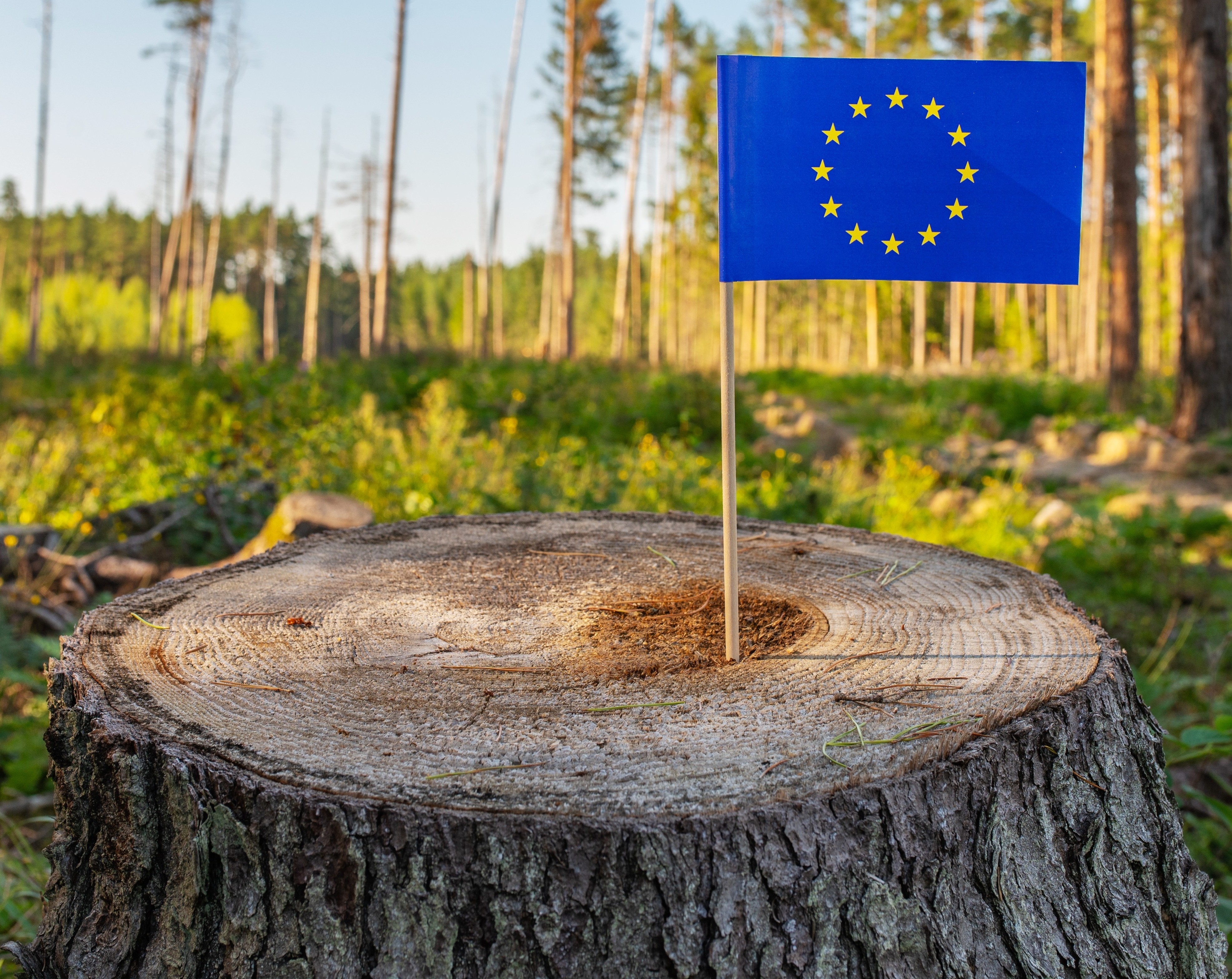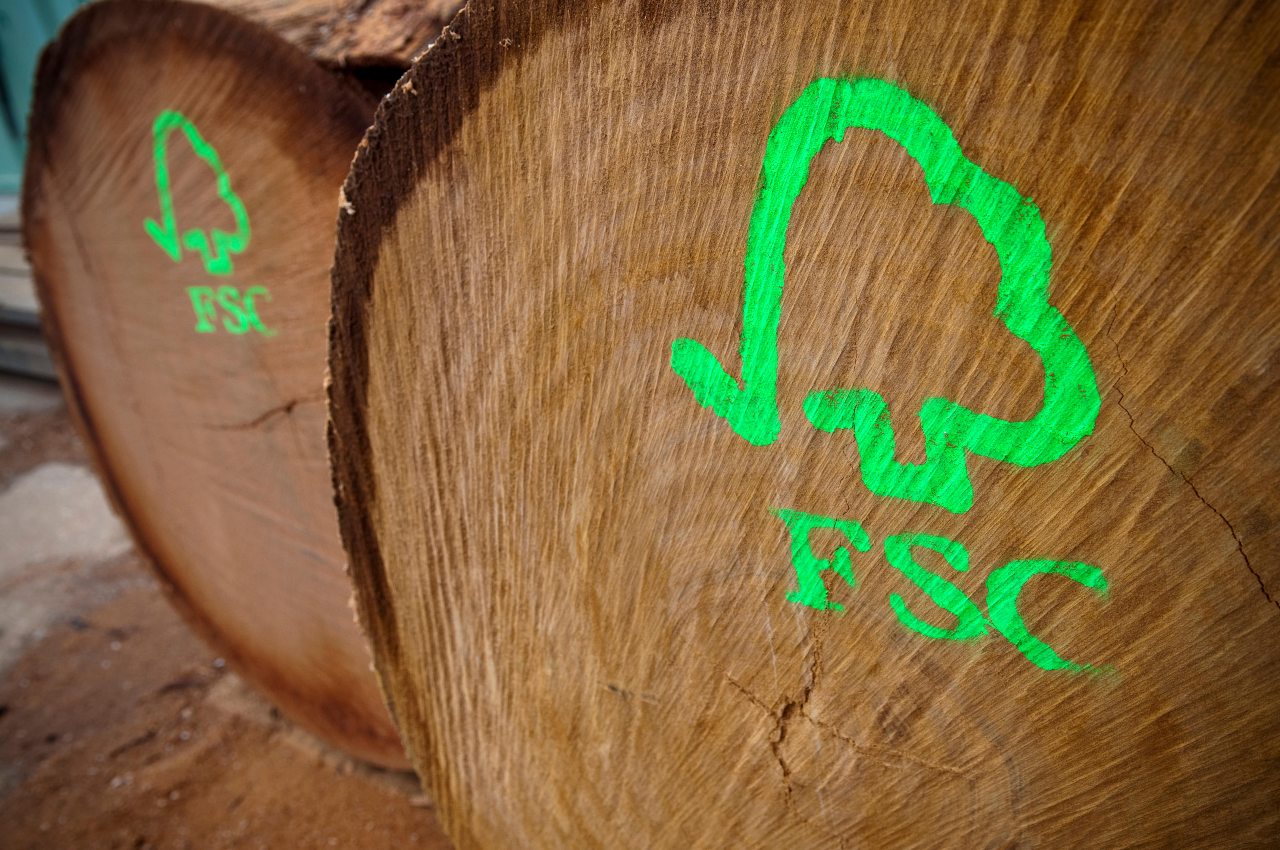An area twice the size of the UK has been cleared for agribusiness globally since 2010 as illegal cultivation practices of multinational firms add to forest destruction

An aerial view of deforestation in the Brazilian Amazon.
The failure of brands such as
Nestlé, Unilever and Kellog to enact zero-deforestation policies they agreed to
a decade ago has been a major contributing factor in the loss of 50 million
hectares of global forests, new analysis by Greenpeace has claimed.
At the Consumer Goods Forum (CGF)
in 2010, the world’s biggest consumer names committed to
“end deforestation by 2020” and ensure responsible sourcing of the palm oil,
soy, cocoa and other commodities used in their products.
However, CGF members, which also
include Danone and Mondelez among others, have woefully failed in turning rhetoric
into reality, according to the Greenpeace report published
this month.
Instead many have presided over the
increased production of agricultural commodities – 80 per cent of global
deforestation is a direct result of such cultivation – to meet a rising global
demand and consequently have left large swathes of forest in Africa, South-East
Asia and Latin America decimated.
Greenpeace analysis estimates
that five million hectares of global forests and tree cover were lost each year
between 2010 and 2015 for global commodity production and that by the end of
2019, 50 million hectares – an area twice the size of the UK – will have been
cleared since the start of the decade.
“These companies are destroying
our children’s future by driving us towards climate and ecological collapse.
They’ve wasted a decade on half-measures and in that time vast areas of the
natural world have been destroyed,” Anna Jones, Global Project Lead for Forests
at Greenpeace UK, said.
Intensive large-scale farming for
cattle, soy, palm oil and other crops is being bankrolled by the world’s
largest consumer-facing firms in order to produce everything from shampoo and
cosmetics, to chocolate bars and meat products for international markets.
The failures of industry to not
only stamp out deforestation but also ensure land clearing is legitimate and
free from environmental and human rights illegalities remains a major issue.
Between 2000 and 2012, the
exportation of commodities produced on illegally cleared land accounted for 25 per cent of all tropical deforestation and was worth $61bn a year,
according to a 2014 Forest
Trends report.
Be it household names such as
Mars sourcing cocoa linked to illegal land clearing in West Africa, palm oil
giant Wilmar accelerating forest destruction in Indonesia or the world’s largest
meat processing firm, JBS, buying cattle from illegally deforested lands in
Brazil, a raft of firms have faced illegal deforestation allegations in recent
years.
Since 2010, the area planted with
soy in Brazil has increased 45 per cent, Indonesian palm oil production is
up 75 per cent and Côte d’Ivoire’s cocoa footprint has grown by 80 per cent,
the Greenpeace report claims.
The analysis echoes the recent
findings of conservation NGO Global Canopy. Nearly half of the 500 companies
monitored via its Forest 500 initiative committed to achieving zero
deforestation in their supply chains by 2020 but “not one” is on track to do
so, the NGO said in
March.
One area that Greenpeace
highlights in its analysis is the rampant deforestation for soy and cattle that
persists in Brazil’s Cerrado, the world’s most wildlife-rich savannah.
Of the handful of brands who
responded to Greenpeace requests to name their suppliers, all those sourcing
soy were buying from trading giants Cargill and Bunge – despite the fact
that the pair were fined
$29m by Brazilian authorities in 2018 for purchasing grain from
illegally deforested lands in the Cerrado.
“While global attention has been focused on the Amazon, the soya and cattle industries have been trashing the Cerrado – destroying the local environment, aggravating the climate crisis, and displacing and committing violence against Indigenous and traditional populations that have occupied the territory for hundreds of years,” Greenpeace Brazil’s Romulo Batista said. “Global brands must bring their suppliers under control.”



